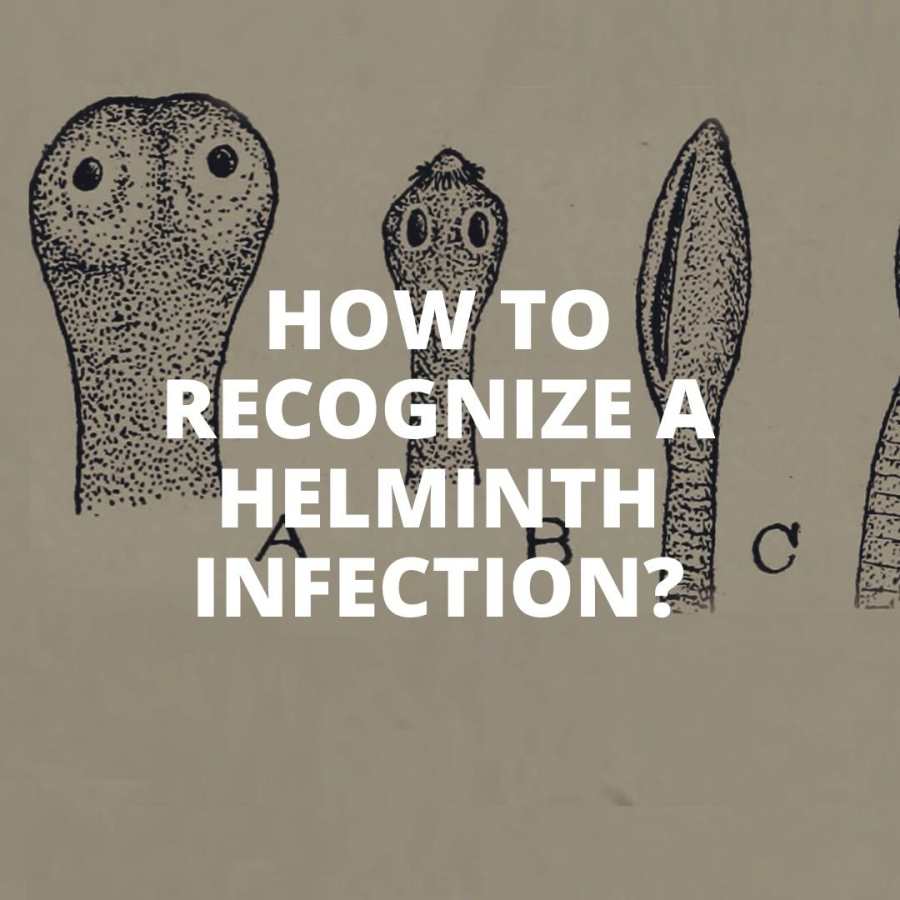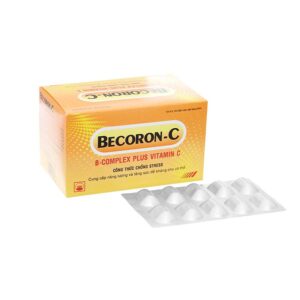Helminthiasis is one of the most common parasitic infections worldwide. The disease is transmitted by eggs contained in human faeces, thereby contaminating the soil in areas with poor sanitation. The main species that cause disease in humans are roundworms, Trichuris trichiura and hookworms (Necator americanus and Ancylostoma duodenale).
1. Illnesses and symptoms
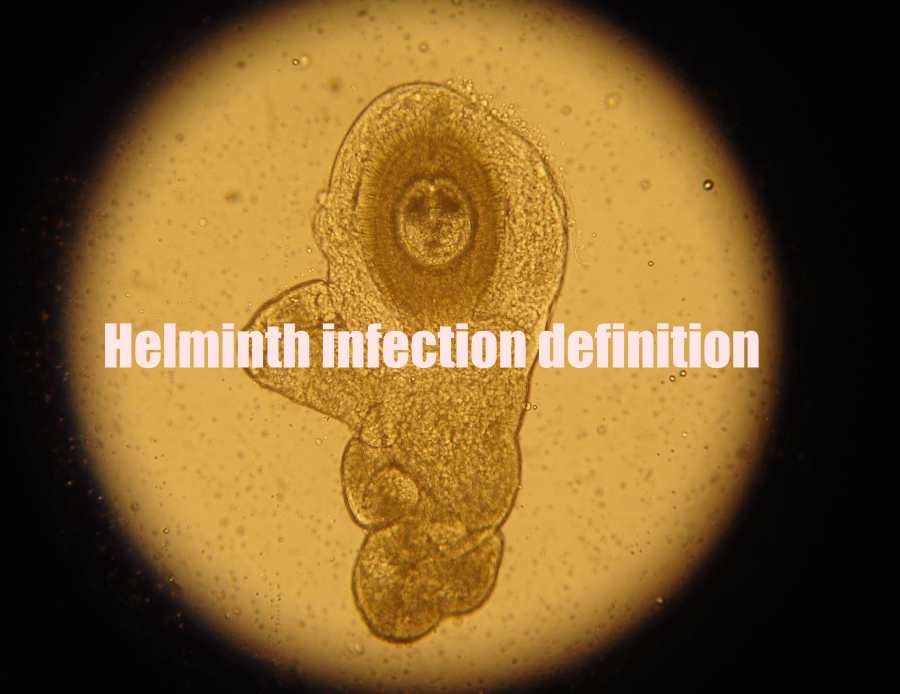
The condition of the helminth infection is related to the number of worms. People infected with worms in small numbers (few worms) usually do not get the infection. Small numbers of worms do not cause significant symptoms. When worms exist in the body in large numbers, they cause a variety of symptoms including diarrhea, abdominal pain, malnutrition, weakness, and reduced physical growth. An excessive number of worms can cause intestinal obstruction, requiring surgery.
2. The transmission routes of helminthiasis
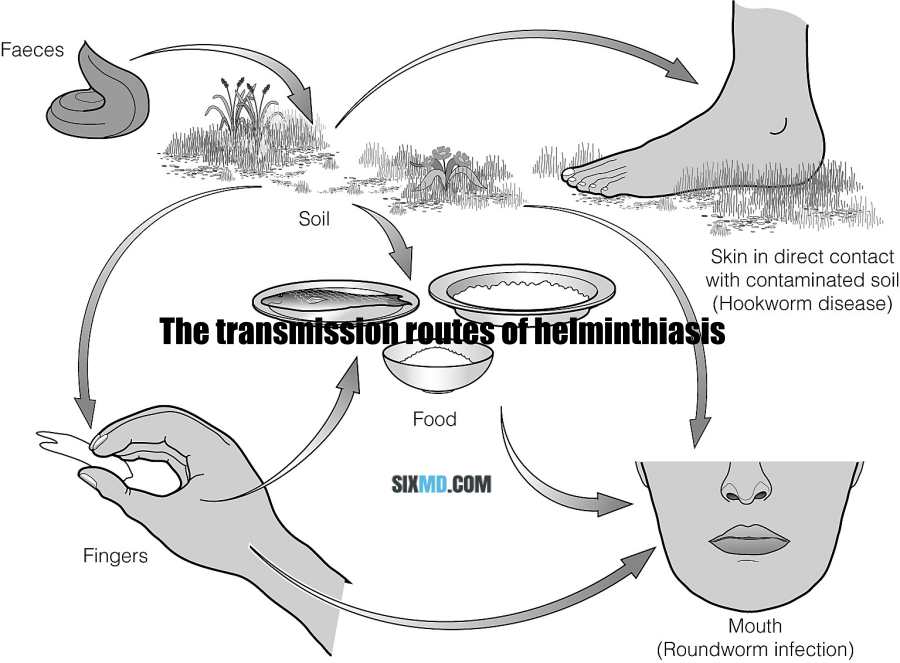
Helminths are transmitted by soil contact, by worm eggs, and by contact with infected human feces. Adult worms live in the human intestine and lay thousands of eggs every day. In areas with poor sanitation, these eggs contaminate the soil.
This can happen in several ways:
- Eggs attached to vegetables that are not thoroughly cooked, washed or peeled; through the mouth into the body and then develop into worms;
- Eggs are taken by mouth from contaminated water;
- Eggs are introduced through playing contaminated soil and then put their hands in their mouths without washing.
In addition, hookworm eggs hatch in the soil, releasing the adult larvae into a form that can actively penetrate the skin. People become infected with hookworms mainly through skin contact, namely walking barefoot on contaminated soil.
The helminthiasis is not transmitted directly from person to person, or by infection from fresh faeces, because fecal eggs need about 3 weeks to mature in the soil before becoming infectious. Since these worms do not multiply in the human host, reinfection occurs only through exposure to infectious stages in the environment.
3. Harm of helminth infection
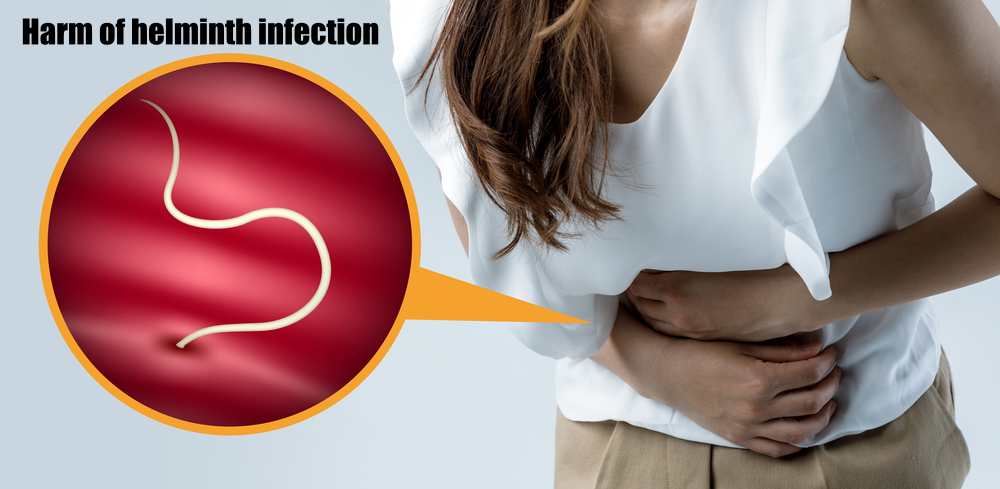
Helminths cause malnutrition in infected people in several ways:
- Worms feed on host tissues, including blood, resulting in a loss of iron and protein.
- Hookworms also cause chronic intestinal blood loss that can lead to anemia.
- Worms cause malabsorption of nutrients. In addition, roundworms also store vitamin A in the intestines.
- Some soil-borne helminths also cause loss of appetite and, as a result, reduced nutrient intake and fitness. In particular, T. trichiura can cause diarrhea and dysentery.
4. Medicines as recommended by WHO
Medicines recommended by WHO include albendazole (400 mg) and mebendazole (500 mg). These drugs have the advantage of being effective, inexpensive, and easy to administer by non-medical personnel. The drug has undergone extensive safety testing and has been used in millions of people with very few side effects.
Both albendazole and mebendazole are distributed to national ministries of health through WHO to treat worm diseases for all school-age children.
5. Subjects who need to control helminth infections
Control of helminth infections is the control of morbidity through routine treatment of persons at high risk of infection, especially those living in endemic areas. Those at risk are:
- Preschool children.
- Children of school age.
- Women of reproductive age (including second- and third-trimester pregnant women and lactating women).
- People working in certain high-risk occupations such as tea pickers or miners.
6. Treatment of helminths
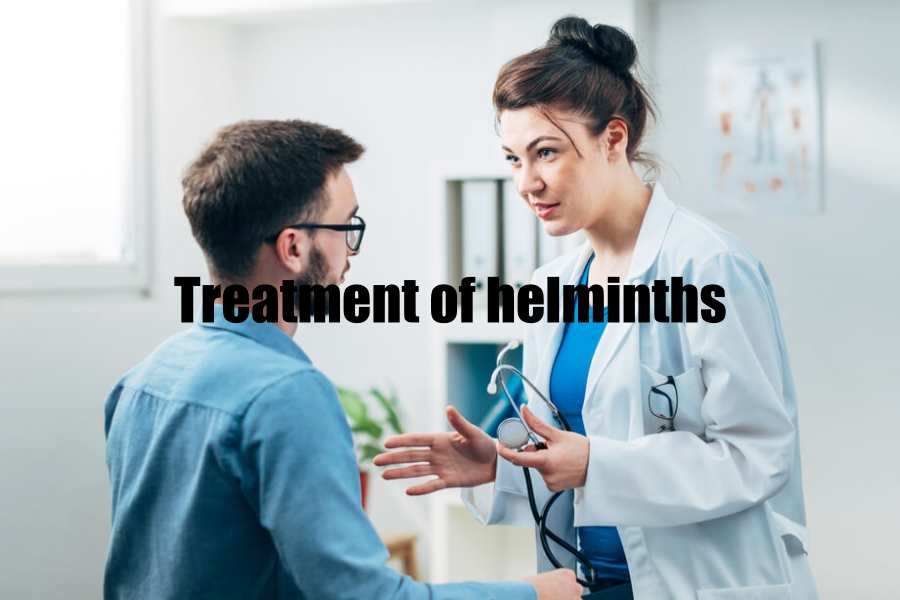
WHO recommends routine drug treatment (deworming) without prior diagnosis for all people at risk living in endemic areas. Treatment should be given once a year when the prevalence of helminthiasis in the community is more than 20% and twice a year when the prevalence of helminthiasis in the community is more than 50%. This intervention reduces morbidity by reducing the number of worms. In addition, there are a number of other measures such as:
– Health and hygiene education reduces transmission and reinfection by encouraging healthy behaviors.
– Provision of adequate sanitation is also important but is not always possible when economic conditions do not keep up.
Read more:
Check out ways to exercise that make your body weak
Things to know about your liver

